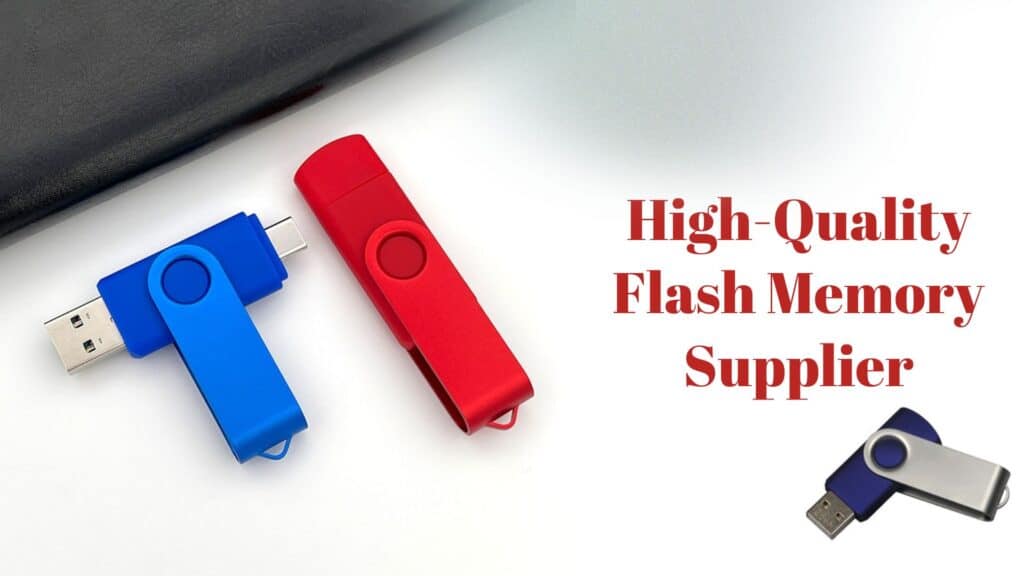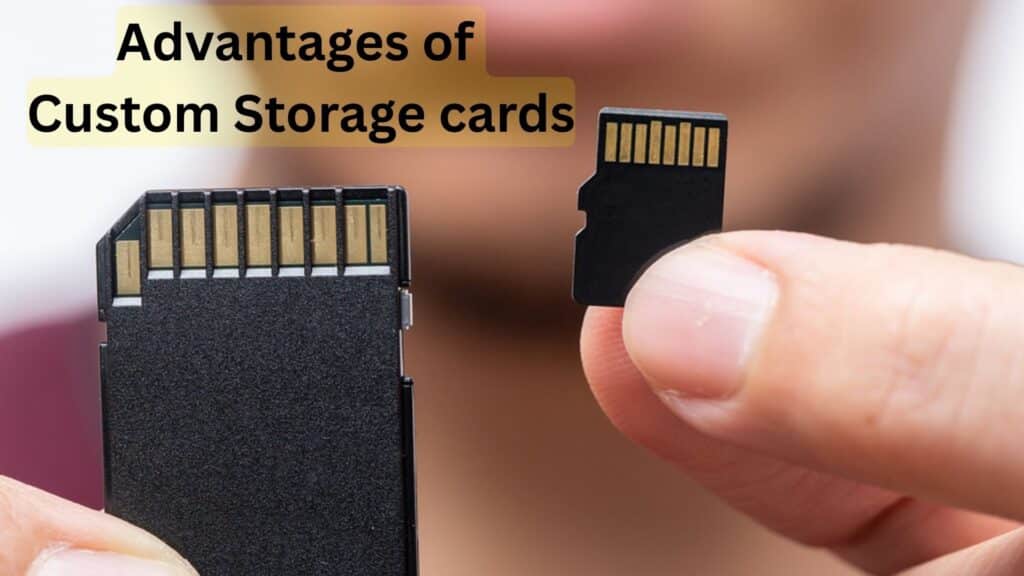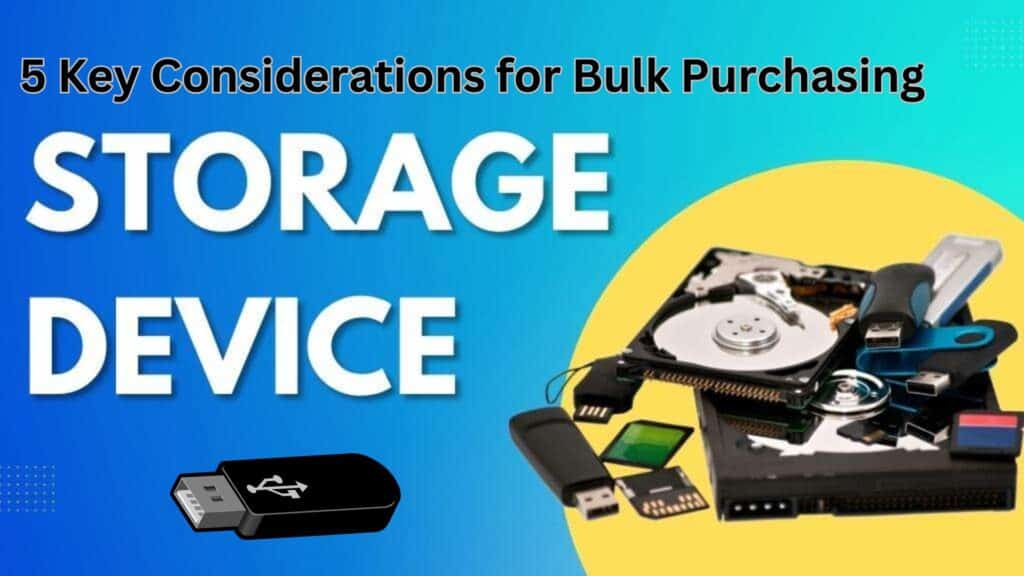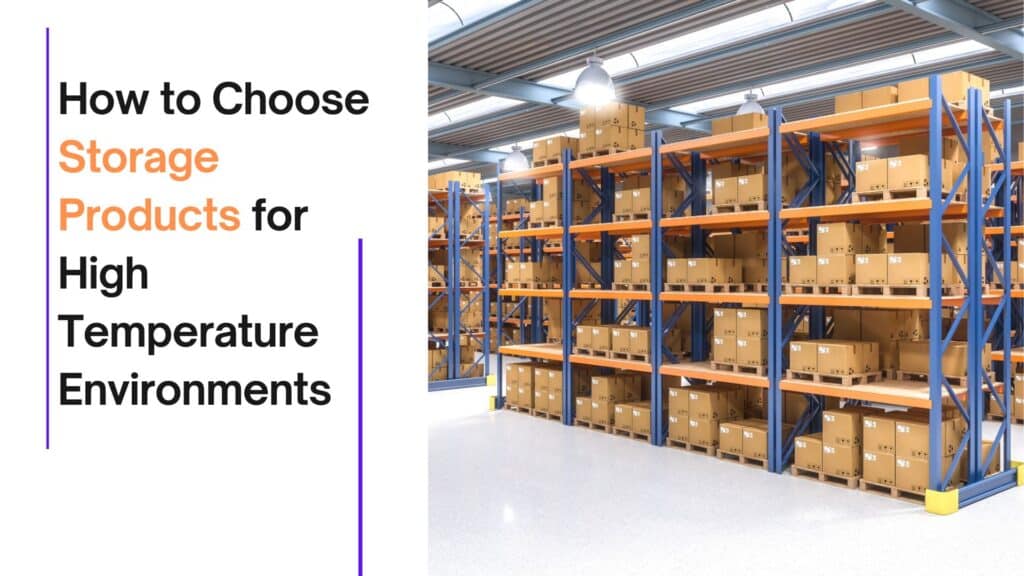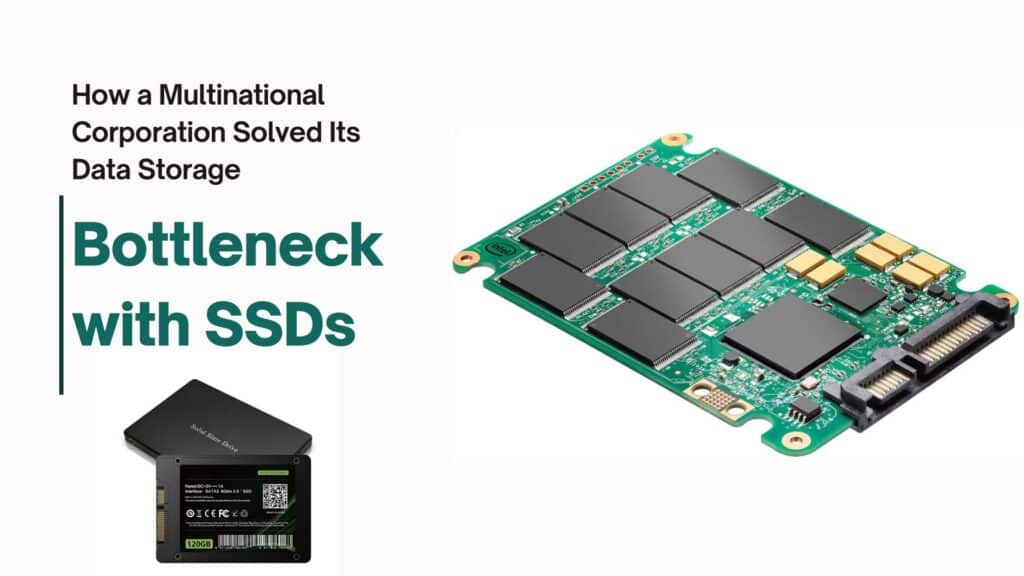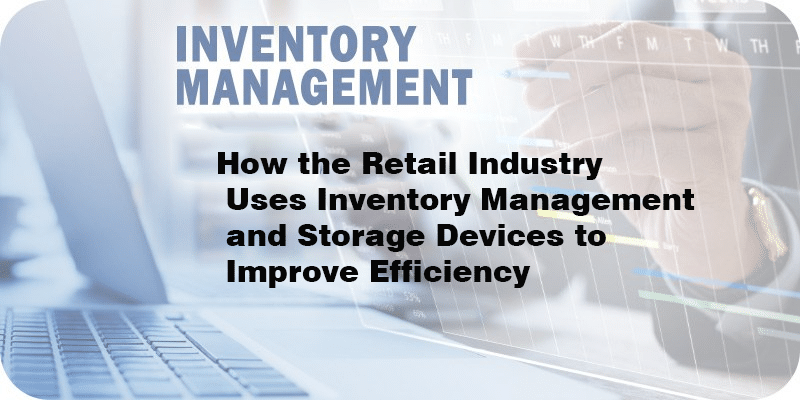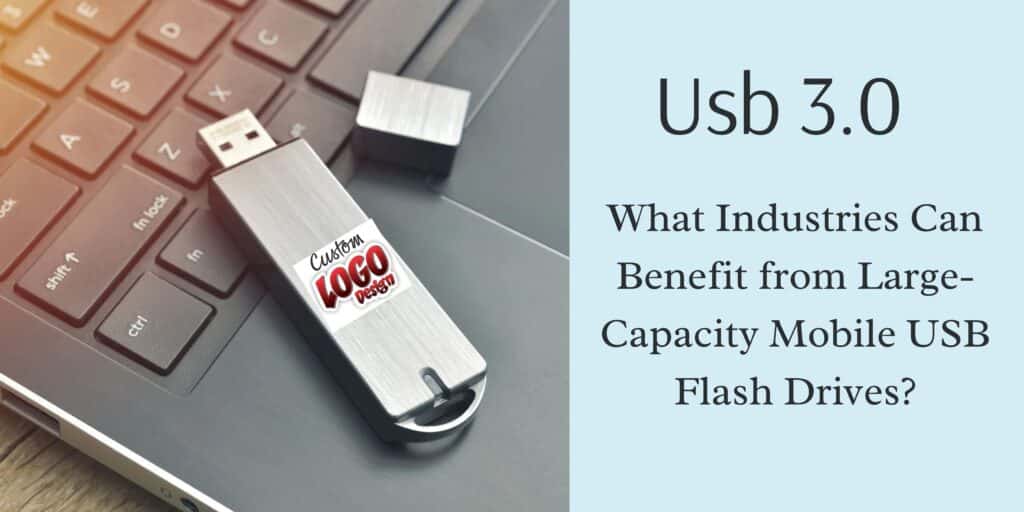Storage Devices: 5 Key Certifications Exporters Must Know
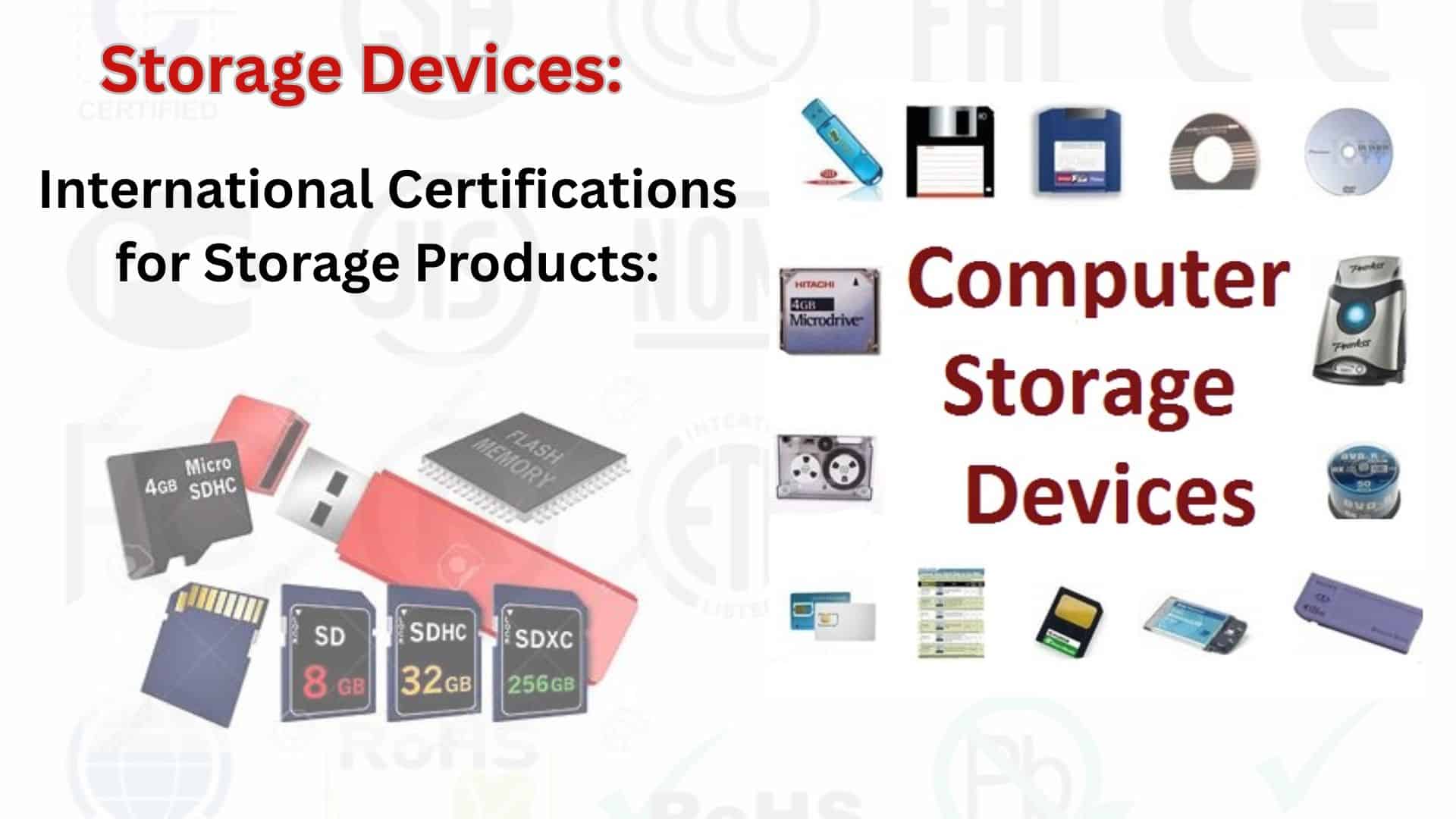
Introduction
When exporting storage products globally, it is crucial for businesses to understand and navigate the world of international certifications. These certifications ensure that your storage devices meet regulatory standards, enhancing your credibility in global markets. For exporters, obtaining the necessary certifications for storage devices is essential to ensure compliance with international regulations, maintain product quality, and enhance the appeal of products to international customers. In this article, we will explore the most important certifications for storage devices, their significance, and how exporters can navigate the process to achieve global success.
Common International Certifications for Storage Devices
Exporting storage products requires understanding the major certifications recognized worldwide. Here’s an overview of the international certifications that play a critical role in ensuring that your storage devices meet safety, environmental, and quality standards. These certifications not only help you comply with regulations but also make your products more attractive to global customers.
- RoHS (Restriction of Hazardous Substances)
RoHS is an EU regulation that restricts the use of hazardous materials in electronic products, including storage devices. For exporters looking to sell in the European Union, obtaining RoHS certification is non-negotiable. This certification ensures that your storage devices are free from harmful substances like lead, mercury, and cadmium, promoting safer, more sustainable products. - CE Marking
The CE marking is another essential certification for companies exporting storage devices to the European market. It signifies that your products comply with EU legislation and meet health, safety, and environmental protection standards. The CE marking enhances consumer trust, proving that your storage devices are reliable and safe. - UL (Underwriters Laboratories) Certification
UL is a global safety certification that assures consumers that your storage devices have been tested for potential risks, including electrical and fire hazards. This certification is crucial for products entering North American markets, particularly in the USA and Canada. UL certification enhances the reliability of your products and is a significant selling point for international buyers. - Energy Star Certification
Energy Star is a certification program that marks storage devices that meet energy efficiency guidelines. It’s important for businesses that aim to reduce their carbon footprint and offer environmentally friendly products. Many countries, including the USA, require Energy Star certification for storage devices to be sold in their markets. - ISO Standards (International Organization for Standardization)
ISO certifications, such as ISO 9001 for quality management and ISO 14001 for environmental management, are globally recognized standards that ensure your business adheres to high-quality and sustainable practices. ISO-certified storage devices are widely accepted across markets and enhance product reputation and credibility.
Understanding Regional Certification Requirements
Different regions around the world have varying certification requirements for storage products. It’s essential to understand these regional differences to ensure compliance and avoid unnecessary delays in your export processes.
- European Union (EU)
For exporters to the EU, the RoHS and CE certifications are fundamental. The EU has stringent requirements regarding environmental sustainability, product safety, and energy efficiency. In addition to RoHS and CE, products like storage devices may also need to meet other specific EU regulations depending on the type of technology and market demand. - United States (USA)
In the USA, UL and Energy Star certifications are critical for storage products. UL certification is necessary to demonstrate that your products meet safety standards, while Energy Star is essential for showcasing energy efficiency. Complying with these standards can give your products a competitive edge in the US market. - Asia
The certification requirements in Asia can vary greatly between countries. For example, Japan may require specific environmental and safety certifications for storage devices, while China has its own set of regulations for electronic products. Understanding these regional requirements is crucial to ensuring smooth export processes to Asian countries.
The Impact of Certifications on Sales and Marketability
Having the right certifications for storage devices can greatly enhance your product’s appeal to international customers. Certifications like RoHS, CE, and UL not only demonstrate your commitment to safety and sustainability but also serve as a powerful marketing tool.
- Building Consumer Trust
International certifications are often seen as a mark of quality and safety. Consumers are more likely to trust products that are certified, as these certifications act as assurances that the storage devices they purchase are safe, reliable, and environmentally friendly. Certification helps in fostering brand loyalty and establishing long-term customer relationships. - Mitigating Legal Risks
Certifications can help you avoid legal challenges that might arise due to non-compliance with regulatory standards in global markets. By obtaining the necessary certifications for storage devices, exporters reduce the risk of product recalls, fines, or reputational damage. Compliance ensures that your company operates within the law and is better prepared to meet the demands of various regulatory bodies.
Navigating the Certification Process
Obtaining international certifications for your storage devices can be a complex process, but understanding the steps involved will help simplify it. Here’s a breakdown of what exporters need to know:
- Steps Involved in Obtaining Certifications
The certification process generally involves several key steps, including product testing, documentation preparation, and application submission. You’ll need to identify the certifications required for your target market, have your products tested by accredited laboratories, and submit the necessary paperwork to the relevant certification bodies. - Costs, Timelines, and Documentation
The costs and timelines for obtaining certifications for storage devices can vary depending on the certification type and the complexity of the product. On average, the process can take anywhere from a few weeks to several months, and costs can range from hundreds to thousands of dollars, depending on the product and certification. Ensure you allocate enough time and budget for this process.
Maintaining Compliance and Certifications
Once you’ve obtained the necessary certifications for storage devices, it’s important to maintain compliance for continued success in international markets. As regulations evolve, you may need to update or renew certifications to stay compliant with the latest standards.
- Ongoing Compliance
Ensure that your manufacturing processes and storage devices continue to meet the required standards even after obtaining initial certifications. Regular audits and monitoring will help prevent any discrepancies. - Re-certification
Some certifications require periodic renewal. Re-certifying your products ensures that they remain compliant with updated standards and helps you maintain a competitive edge in the marketplace. Keeping track of certification renewal deadlines and updating products as necessary is key to maintaining your export success.
Conclusion
Obtaining the right international certifications is essential for exporters of storage devices looking to succeed in global markets. Certifications such as RoHS, CE, UL, and Energy Star play a crucial role in ensuring compliance, enhancing product appeal, and mitigating legal risks. By proactively navigating the certification process, maintaining ongoing compliance, and staying updated on regulatory changes, exporters can build strong international relationships and achieve long-term success in the global market.


